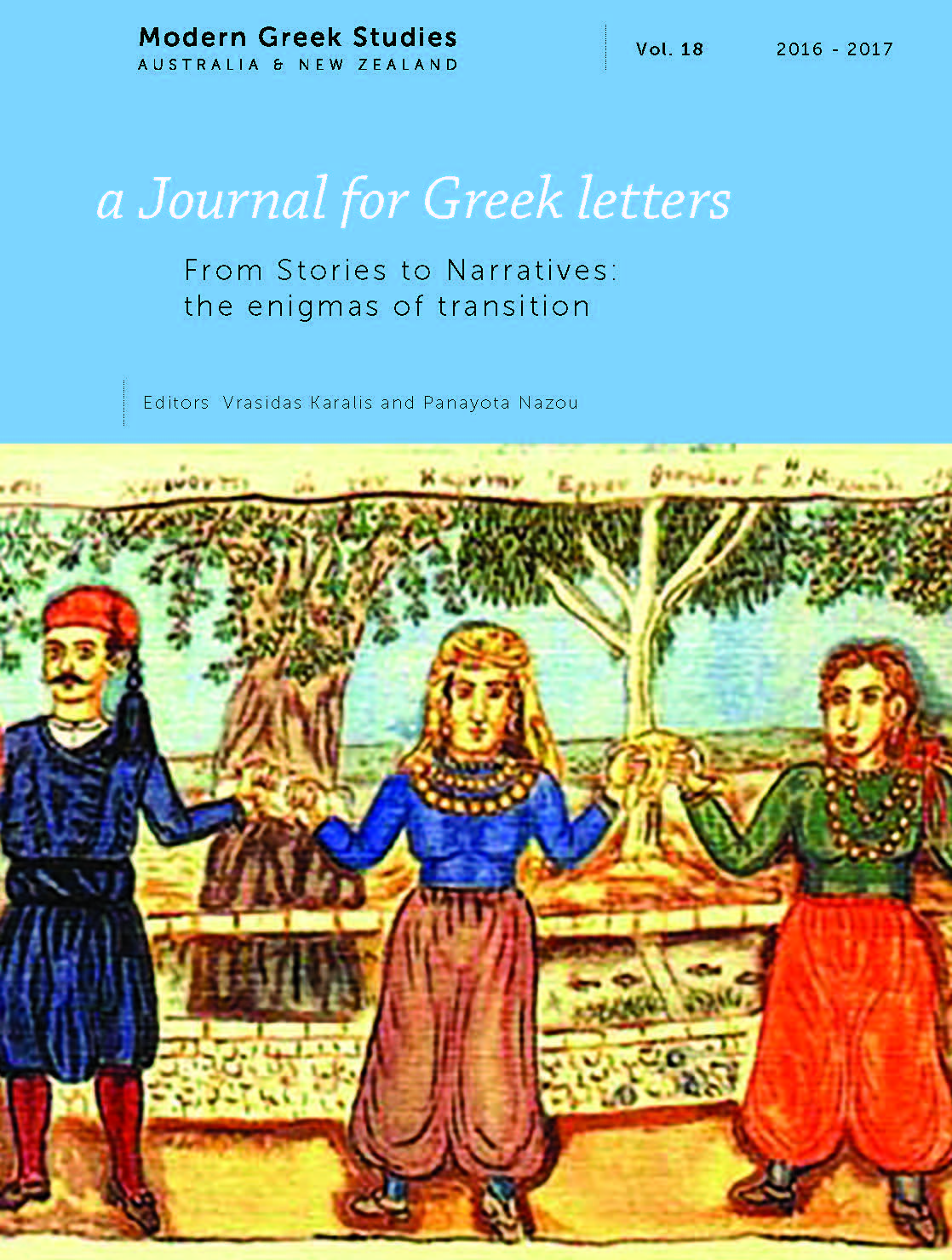Modern Greek Studies, Language Learning and Cultural Competence
Abstract
This paper examines the status of Modern Greek studies at primary, secondary and tertiary levels in NSW during the period 1996-2011 within the context of prevalent language policies, practices and trends in other languages. It identifies an indisputable downward trend in demand for second language learning across most languages particularly in years 11 and 12 which in turn impacts demand at university level. Publicly available data indicates that the experience of Modern Greek is not unique. There is a chronic problem in second language learning which places Australia well behind other OECD countries. The paper argues that the decrease in student demand is primarily due to the lack of a coherent language policy and lack of coordination between federal and state governments policy. These two factors give ambiguous messages about the importance of learning a second language in a globalised world and contribute to the paradox of a largely monolingual society in a multicultural context. Finally, it identifies key components for a sustainable language policy within the Australian context and proposes the model of cultural competence as a fitting framework for developing a functional policy which promotes the acquisition of critical cross cultural skills for effective communication in a global, multicultural world.Downloads
Published
2018-05-10
Issue
Section
Articles
